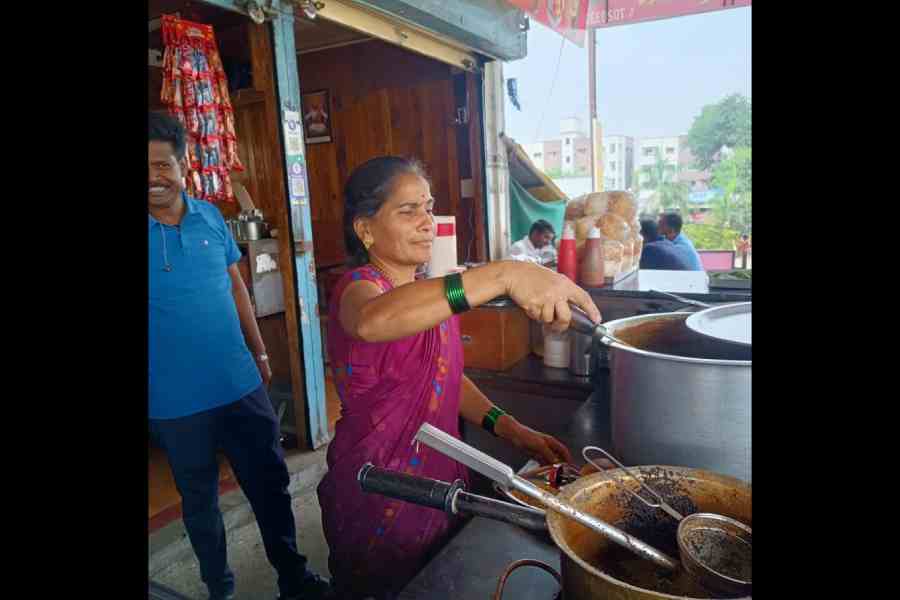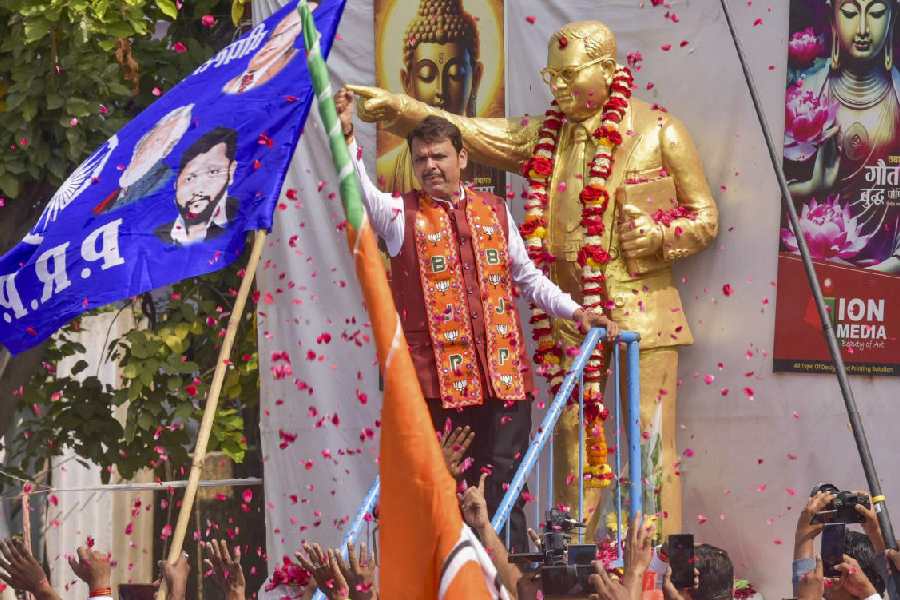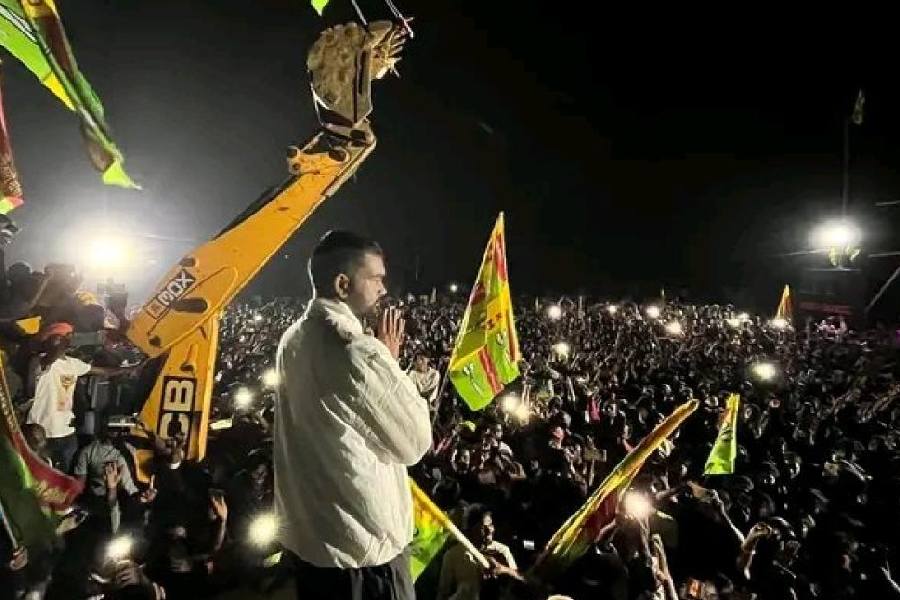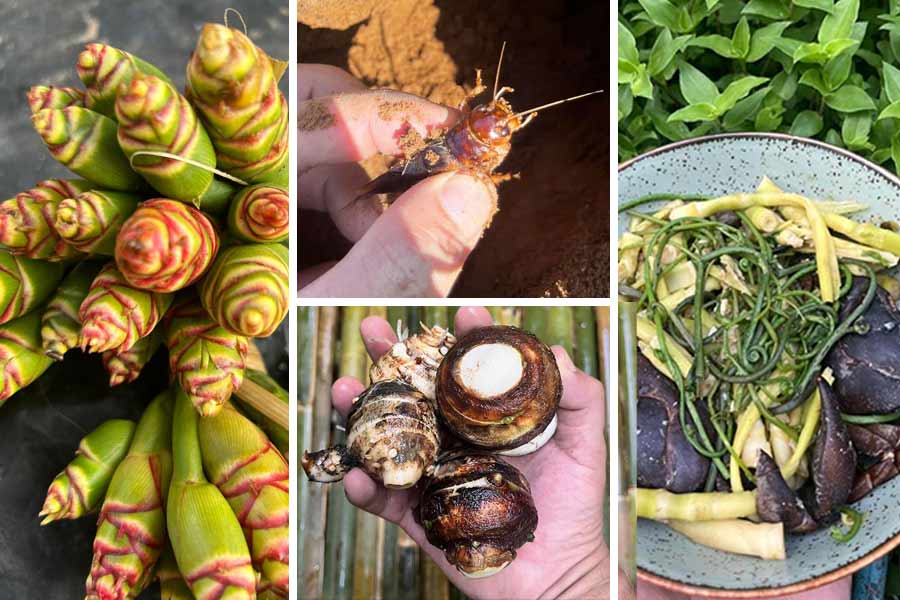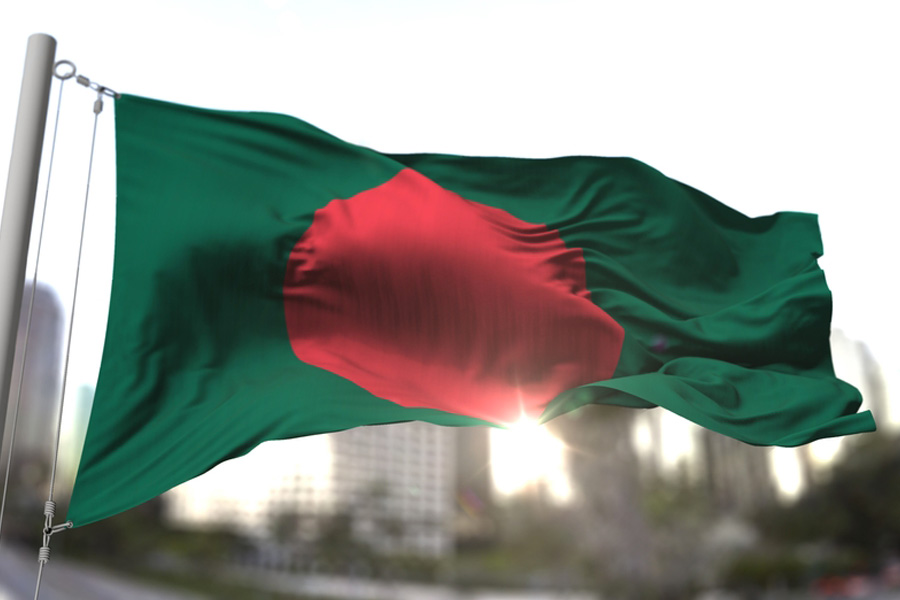Vasava Rede, a tribal woman from the Junnar constituency in Pune district, feels it would be ungrateful of her not to vote for the ruling Mahayuti alliance in the Maharashtra Assembly elections.
For Rede, the monthly cash transfer of ₹1,500 — part of a scheme launched by chief minister Eknath Shinde’s government — represents significant financial support.
“For a poor woman like me, ₹1,500 a month is a big amount,” she says. “Jo paisa diya usko vote dega (We will vote for those who have given us money),” she adds.
However, Sujata Mavkar, a Maratha woman who runs a vada-pav stall in Manchar, some 30km away, offers a contrasting view.
While she acknowledges the benefits of the cash scheme, she insists that money alone will not determine her vote. “I am happy to receive the money, but that doesn’t mean the government has bought my vote. Who I vote for depends on several factors,” says Mavkar, while serving vada-pav to a mostly farming clientele.
The cash dole scheme — the Mukhyamantri Majhi Ladki Bahin Yojana — is central to the political narrative in Maharashtra ahead of the Assembly elections.
Under the scheme, women aged 21-65 from families with an annual income below ₹2.5 lakh are eligible for ₹1,500 per month. Since its launch in July, the scheme has enrolled over 2.38 crore beneficiaries.
The timing of the scheme, rolled out after the Mahayuti’s underwhelming performance in the 2024 Lok Sabha elections, indicates a strategic attempt to regain voter favour.
The alliance’s poor showing — winning only 17 of the 48 Lok Sabha seats — left the government concerned about the upcoming Assembly elections. The cash transfer initiative is seen as a direct appeal to women voters, particularly in rural areas where such support is often acutely appreciated.
The design of the Ladki Bahin Yojana closely mirrors the successful Ladli Behna Yojana in Madhya Pradesh, which many believe helped the BJP secure a record fifth term in power.
Ladki Bahin’s populist appeal has sparked a significant political response, with the Opposition Maha Vikas Aghadi (MVA) initially criticising it as a “bribe” but later promising a more generous ₹3,000 monthly cash transfer if it comes to power.
To retain support, the Mahayuti has now vowed to increase the monthly cash grant to ₹2,100, with Prime Minister Narendra Modi frequently accusing the MVA of planning to discontinue the scheme if it wins. Each of the three Mahayuti allies — the BJP, Shiv Sena Shinde and the NCP (Ajit Pawar) — however, appears to be obliquely competing to take credit for the populist measure.
The scheme has become a talking point across Maharashtra, especially among rural women, some of whom see it as the only benefit they’ve received from the government. In the slums and villages, the promise of direct financial support has boosted the ruling alliance’s image, though not without controversy.
Among the farming community, particularly intermediary caste Marathas, the cash handout has faced criticism.
“The government has raised prices of essentials and we are paying 18 per cent GST on almost everything,” says Laxman Jadhav, a farmer from Tardoli village in Baramati. “They are taking a bigger amount from us and giving a paltry ₹1,500 to fool us and buy votes,” he adds, highlighting the rising cost of living, including soaring prices of oil, pulses and other necessities.
Despite such criticism, the scheme appears to have won the loyalty of some of the state’s poorest citizens. In the rural slums of Narayangaon, where residents from the nomadic Bhatki caste struggle with basic amenities, the cash dole has earned significant goodwill.
“The government hasn’t built houses for us, and we have to defecate in the fields because there are no toilets,” says Sonali Shinde, a resident.
However, she and other women in her community are still inclined to vote for the incumbent MLA, Atul Benke of the NCP (Ajit Pawar).
“The monthly ₹1,500 is the only good thing this government has done for us,” says Surekha Shinde, another local woman, adding that Benke has also pledged to improve housing and sanitation in the area if he is re-elected.
While the cash dole may not guarantee the Mahayuti an easy victory, it has undoubtedly made an impact on voter sentiment, particularly among women from marginalised communities.
Acknowledging the success of such populist measures, Opposition NCP veteran Sharad Pawar had recently acknowledged that the MVA may have lost some of the momentum gained during and after the Lok Sabha elections because of the Mahayuti’s welfare schemes.
- Maharashtra votes on November 20

